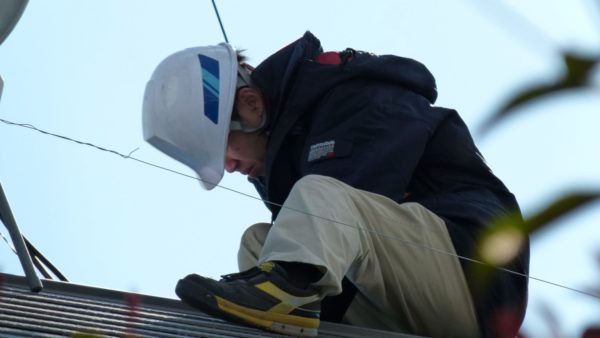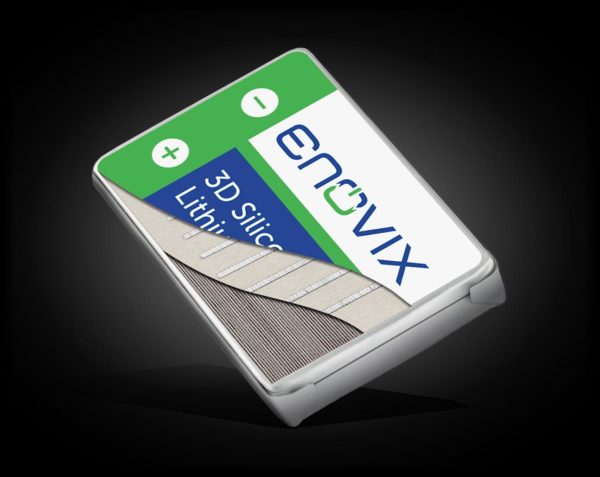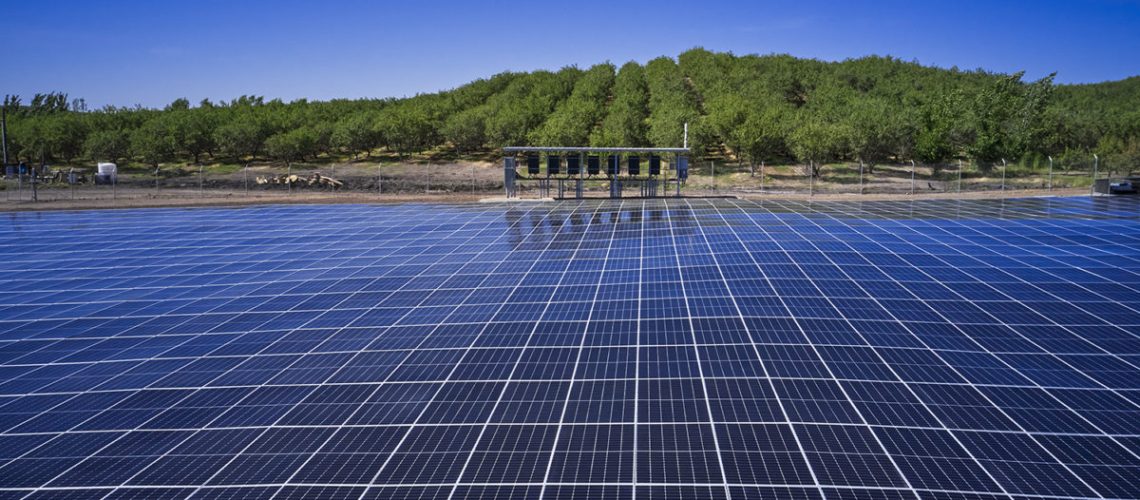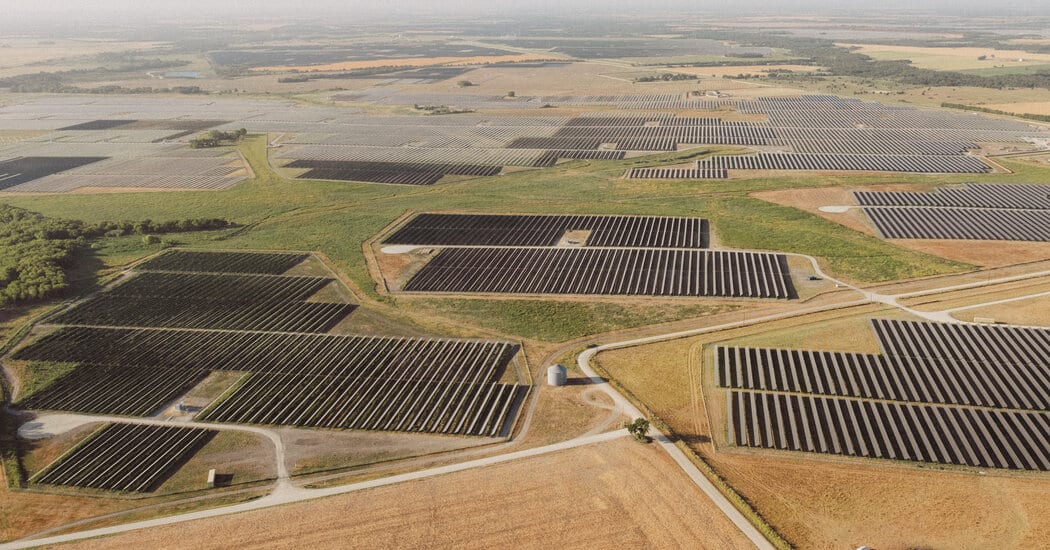What a year it has been for the U.S. solar industry and for pv magazine usa, which had the highest readership in its history. Here we share what sparked our readers’ interest in 2022.
Throughout 2022, which turned out to be a blockbuster year for the U.S. solar industry, our readers kept up to date on significant developments. What sparked their interest was interesting new technology, EV battery updates, and policy, policy and more policy. The following are the most widely read and shared news stories on pv magazine USA in 2022:
Rooftop wind energy innovation claims 50% more energy than solar at same cost
A new bladeless wind energy unit, patented by Aeromine Technologies, is tackling the challenge of competing with rooftop solar as a local source of clean energy that can be integrated with the built environment. The scalable, “motionless” wind energy unit can produce 50% more energy than rooftop solar at the same cost, said the company. The technology was validated through joint research with Sandia National Laboratories and Texas Tech University, and the wind harvesting system is currently being piloted by BASF at a manufacturing plant in Wyandotte, Michigan.
Solar investment tax credit to be extended 10 years at 30%

A few weeks prior to the passage of the Inflation Reduction Act (IRA), it was revealed that one of the provisions in the IRA would be the long-term extension of the Investment Tax Credit. The bill calls for a 10-year extension at 30% of the cost of installed solar equipment, which steps down to 26% in 2033 and 22% in 2034. The credit may be applied retroactively for those who installed their system after Jan. 1, 2022.
Anti-rooftop solar net metering bill passes in Florida

In March the Florida legislature passed House Bill 741, which phases down the value of net metering, and opens the door for utilities to add fixed charges to solar customer bills. Advocacy organizations FLASEIA, Vote Solar, and environmental groups in the state called on Governor Ron DeSantis to veto the bill, which he did in April. DeSantis wrote in his veto letter that while “consumers have seen steep increases it the price of gas and groceries… the state of Florida should not contribute to the financial crunch that our citizens are experiencing.”
Electric vehicle battery capable of 98% charge in less than ten minutes

Fremont, California-based Enovix announced in June that it demonstrated in electric vehicle (EV) battery cells the ability to charge from 0% to 80% state-of-charge in as little as 5.2 minutes and to achieve a greater than 98% charge capacity in under 10 minutes. The cells also surpassed 1,000 cycles while retaining 93% of their capacity. The achievement is especially impressive because but it shattered the United States Advanced Battery Consortium (USABC) goal of achieving 80% charge in 15 minutes.
California pulls the plug on rooftop solar

On December 15, the California Public Utilities Commission (CPUC) voted unanimously to approve Net Energy Metering 3.0 (NEM), slashing payments by 75% for excess solar production sent to the grid. As exported power loses its value, Californians are now forced to adopt batteries with their solar installations if they want a reasonable return on investment, which are now estimated to move from an average of about 4.5 years to 6.5 years to 14.5 years. The Solar Energy Industries Association (SEIA) said the decision is “too abrupt” and will slow rooftop solar deployment in the state. “The failure to adopt a more gradual transition to net billing risks putting solar out of reach for millions of residents across the state,” said SEIA.
Battery storage operation under net billing provides “virtually no grid value”: Berkeley Lab study

Net billing, which is replacing net metering in many states, incentivizes the use of battery storage with rooftop solar to maximize solar self-consumption. The way it works is that a rooftop solar owner is compensated for electricity sent to the grid at an export rate below the retail price of electricity, “often tied to the utility’s avoided costs,” says a Berkeley Lab study. The Berkeley study researchers found that net billing is inefficient, whereas incentivizing battery owners to discharge power during peak hours would provide greater value.
Your avid readership shows what the hot trends are in the industry, and you can expect that pv magazine USA will provide follow-up coverage on these stories and more as we head into 2023. Thank you for your loyalty!




